Conducting experiments for self-monitoring
Curriculum Component Patterns
Description:
Students will conduct the experiment designed to test their hypothesis. Before students’ taking actions, teachers need to lead students to discuss and agree on the success criteria of the experiment. Teachers may remind students to constantly refer to the success criteria in the process of experiment.
Typical sequence of tasks in this CC pattern:
1. Group discussion to identify the factors to be monitored for the successful implementation of the experiment plan
2. List criteria/rubric used to evaluate the success of the experiment
3. Conduct the experiment, observe the phenomena and record the data
4. Conduct self-/peer-assessment on the experiment procedure to identify the areas of improvement
5. Improve the experiment design and operation
6. Summarize and display the data in the form of spreadsheets, tables, or charts.
Related patterns at the same level
Related products
-
Curriculum Component Patterns
Self-planning through ideate design plans
-
Curriculum Component Patterns
Self-evaluation through competition
-
Curriculum Component Patterns
Revision through product optimization
-
Curriculum Component Patterns
Goal setting through brainstorming
-
Curriculum Component Patterns
Client interview for goal-setting
Patterns at other levels
You may also like…
-
Reflective Learning
Well-designed criteria for evaluating self/peer performance
-
Course Level Patterns Constructed by Integrating the Pedagogical Approach Pattern to the Selected Disciplinary Practice
Scientific Investigation and Self-Directed Learning
-
Explorations through Conversation
Synchronous discussion
-
Construction: Conceptual / Visual Artefacts
Academic writing


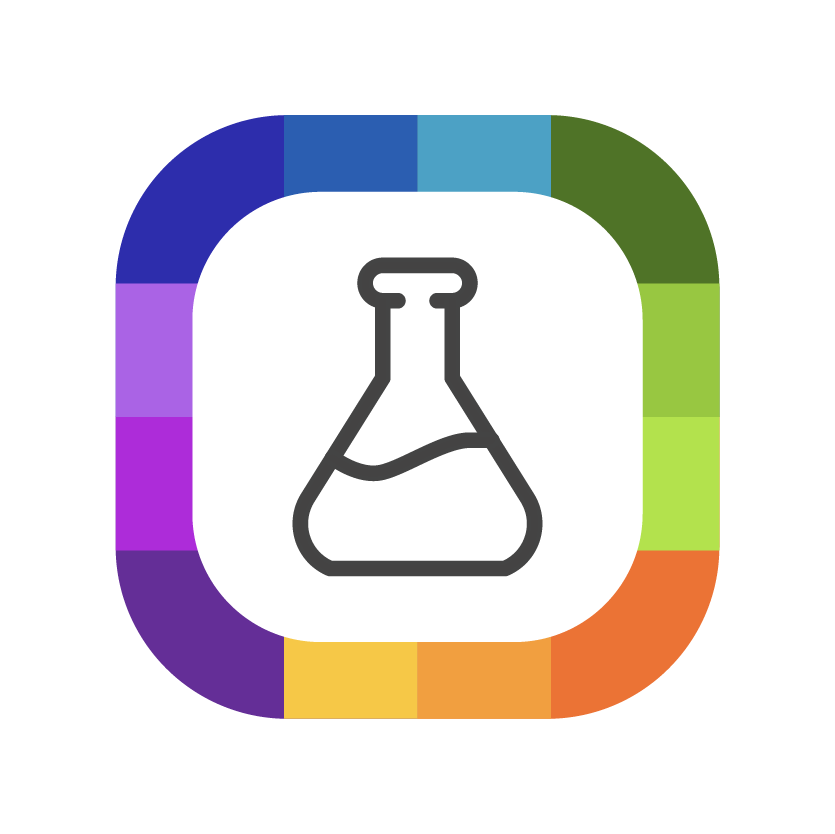


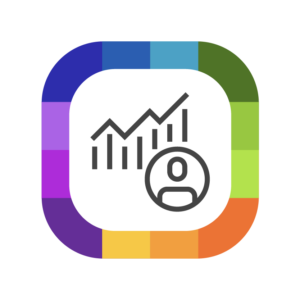
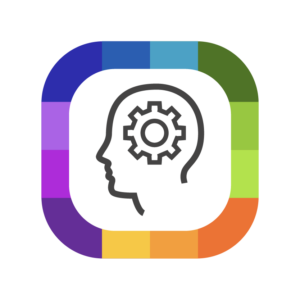
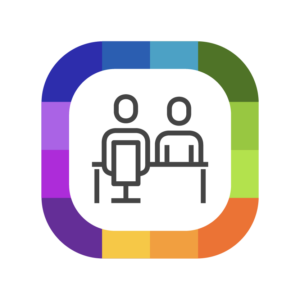
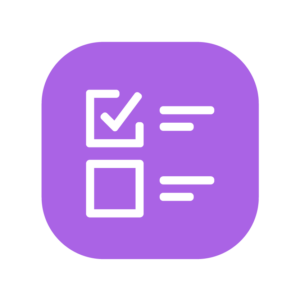
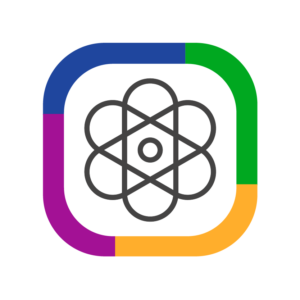

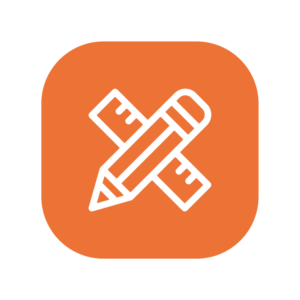
Reviews
There are no reviews yet.